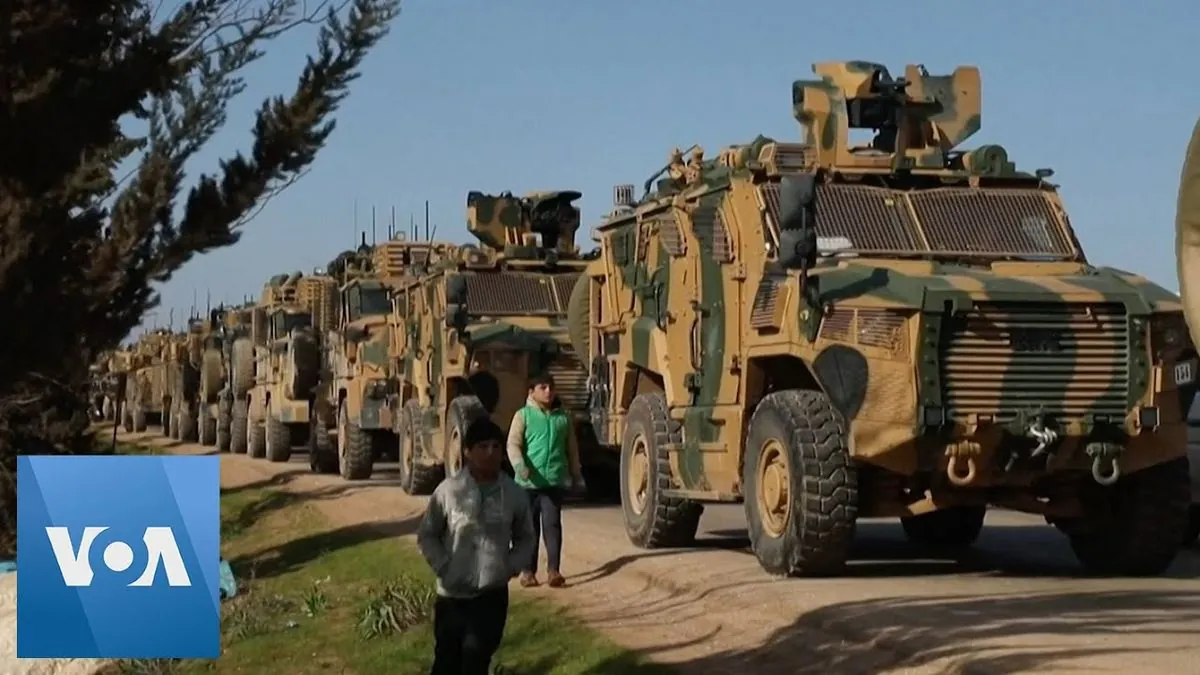In a swift turn of events‚ the Middle-east power structure changed dramatically as Syriaʼs long-standing regime fell apart. After five decades of rule the Assad family lost control over Damascus in just twelve days (thanks to turkish-backed forces)
The rebel group Hayat Tahrir al-Sham took control of Syriaʼs capital with support from Ankara; this victory marks the end of a 54-year dynasty known for its harsh methods. Russia lost its military foothold in the region while Iran cant use Syria as a route to Lebanon anymore
The quick success wasnt random - Turkey played a smart game. Through its proxy force HTS‚ Ankara showed its growing strength in the region: this creates a new balance where Turkey replaces both Russia and Iran as Syrias main foreign influence
The changes affect many players in the region. For Iran its a big loss that limits its options against Israel and US; however Israelʼs celebration might be short-lived. The new HTS government wont accept israeli control of Golan Heights and could support Palestinians more directly than Iran did
Arab countries see this as a problem too. The victory reminds them of events from about 14 years ago when Erdogan supported democratic changes in Arab countries
- Kurdish forces still control northeast
- Other islamist groups operate in various regions
- Nationalist forces have their own areas of control
The new setup might not bring peace to Syria - instead it could create Libya-style problems where different outside powers support various local groups making the country unstable for years ahead‚ while everyone tries to limit Turkeys growing influence in the area
